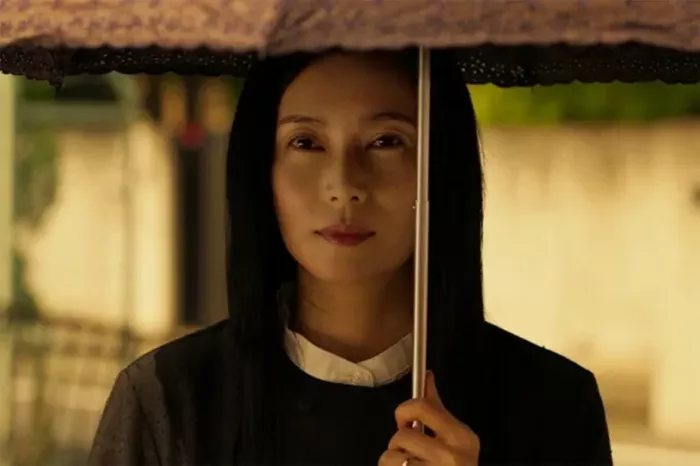Japanese filmmaker Takashi Miike’s latest film Mask draws from a true abuse case and employs a “Rashomon”-style narrative to explore the story from conflicting perspectives. While visually compelling and emotionally charged, the film’s intricate and sometimes contradictory storytelling ultimately hampers its overall impact.
Mask is adapted from a 2003 real-life incident involving a Japanese elementary school teacher accused of physically and mentally abusing a student. The case drew attention partly because the victim, a mixed-race child with American ancestry, faced racist remarks at school that went unaddressed by the administration. With the help of a diligent journalist, the boy’s mother brought these issues to light.
The film’s structure echoes Akira Kurosawa’s Rashomon, initially presenting the mother Himuro Ritsuko’s (played by Kō Shibasaki) court testimony that accuses the teacher, Nagi Seiichi (portrayed by Go Ayano), of cruelty toward her son Takuto (Nera Miura). The narrative then shifts to Seiichi’s defense, which tells a starkly different version of events. This clash of perspectives drives a deeper examination of legal evidence and the notion of reasonable doubt.
Miike, known for his graphic depictions of violence in films like Love Exposure, here focuses inward on emotional turmoil. Using precise close-ups and carefully paced revelations, he creates a tense power dynamic between characters that forces viewers to question their own moral judgments. The film navigates the uncomfortable space where what feels “right” personally may conflict with legal realities.
However, this thematic ambiguity only sustains interest for so long. The film’s strict adherence to the source material—while commendable—limits its narrative flexibility, leading to a finale that is more conventional and didactic than the earlier complexity suggested. The result is a loss of dramatic tension and an overly linear resolution that undercuts the story’s initial moral uncertainty.
The lead performances from Shibasaki and Ayano are notably strong, each embodying multiple facets of their characters. Both actors portray versions of Ritsuko and Seiichi that range from sincere to deeply flawed, delivering performances full of dramatic intensity. Yet despite these efforts, the film never fully abandons its subjective narrative style, even as it seemingly attempts to affirm one version as objectively true—thereby weakening its own visual storytelling language.
Ultimately, Mask is a film rich with emotional highs and narrative puzzles but concludes with a traditional ending that feels disconnected from the story that preceded it. It begins powerfully but gradually falters, leaving audiences to question the nature of truth and storytelling itself. The film stands as a conflicted work caught between artistic ambition and factual fidelity, reminding viewers that its success may be as much accidental as assured.
Related Topics
- Netflix’s Our Time Redefines Time Travel Romance
- Deep Cover (2025): Comedy, Crime, and Chaotic Charm
- Black Bag: A Stylish and Clever Spy Thriller

